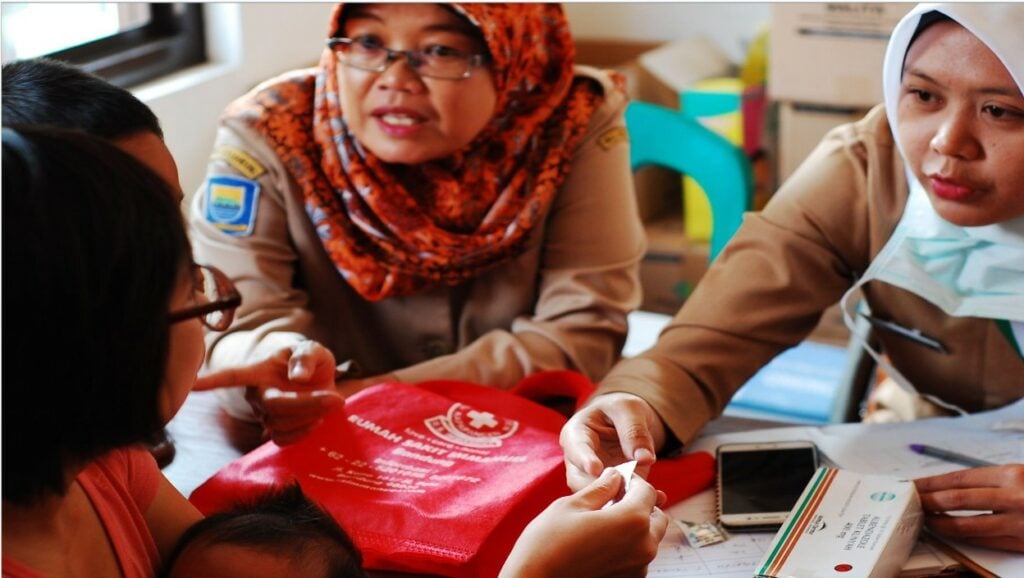Every year, more than 500,000 women develop cervical cancer, and 270,000 women die from the disease. Most of these deaths occur in low-and-middle-income countries (LMICs), where high mortality rates reflect a lack of access to cervical cancer screening. In Southeast Asia, cervical cancer is the second most common cancer in women, and with roughly 175,000 new diagnoses annually, the region has one of the highest incidence rates of cervical cancer in the world (Globocan 2020).
In the Philippines, an estimated 7,897 new cases of, and 4,052 deaths due to, cervical cancer are expected to occur every year. In Indonesia, an estimated 36,633 new cases of, and 21,003 deaths due to, cervical cancer are expected to occur every year. The Philippines and Indonesia have some of the largest domestic workforces across the globe which is a high-risk category for the disease.
Without access to preventative measures such as screening and HPV vaccination to this vulnerable population, most develop the disease unaware and suffer from the consequences of detecting the cancer too late.
To address the above issue, AVPN along with biopharmaceutical company MSD, National University of Singapore, Asia Pacific Immunization Coalition (APIC) and The Voices Project have collaborated in a project to improve outcomes for the screening, prevention and treatment of cervical cancer for female foreign domestic workers from the Philippines and Indonesia before they go overseas and while in host country. AVPN is convening a series of events in an effort to increase the awareness of the subject.
- Policy paper (including country briefs) on cervical cancer prevention and treatment for Filipino and Indonesian female foreign domestic workers.
- Curate consultation events to invite inputs from experts on the policy paper.
- Roundtable events to discuss better health outcomes for female foreign domestic workers.
- Digital health education program focused on increasing awareness of HPV and cervical cancer prevention including the importance of screening and vaccination for female foreign domestic workers planning to travel abroad.
For more information please contact [email protected] and [email protected].


















